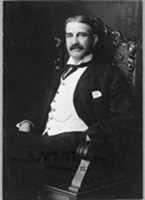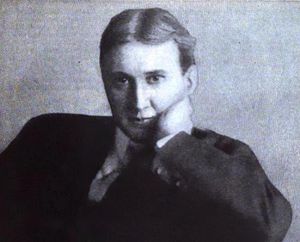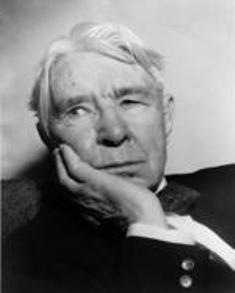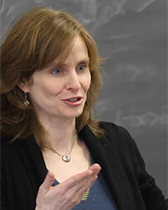
Kate Masur
Born:
Connection to Illinois: Masur lives in Evanston. Biography: Kate Masur is professor of history at Northwestern University. A finalist for the Lincoln Prize, she is author and editor of acclaimed books on the Civil War and Reconstruction.
Awards:
- ''An Example for All the Land'',
- -- Lincoln Prize Honorable Mention, Avery O. Craven Prize Honorable Mention, Choice Outstanding Academic Title
Twitter: https://twitter.com/katemasur
E-Mail: kmasur@northwestern.edu
WorldCat: http://www.worldcat.org/search?q=Kate++Masur
Selected Titles
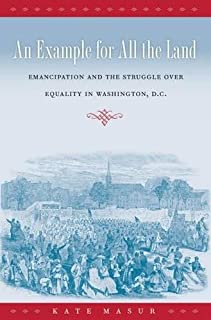 |
An Example for All the Land: Emancipation and the Struggle over Equality in Washington, D.C. ISBN: 0807834149 OCLC: 676697162 University of North Carolina Press 2010 Masur offers the first major study of Washington during Reconstruction in over fifty years. Masur's panoramic account considers grassroots struggles, city politics, Congress, and the presidency, revealing the District of Columbia as a unique battleground in the American struggle over equality. |
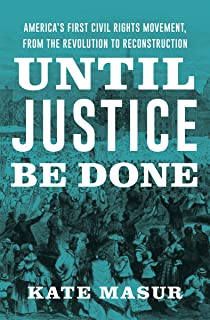 |
Until Justice Be Done: America's First Civil Rights Movement, from the Revolution to Reconstruction ISBN: 1324005939 OCLC: 1200834282 Norton 2021 A groundbreaking history of the antebellum movement for equal rights that reshaped the institutions of freedom after the Civil War. The half century before the Civil War was beset with conflict over freedom as well as slavery: what were the arrangements of free society, especially for African Americans? Beginning in 1803, many free states enacted black codes that discouraged the settlement and restricted the basic rights of free black people. But claiming the equal-rights promises of the Declaration and the Constitution, a biracial movement arose to fight these racist state laws. Kate Masur's magisterial history delivers this pathbreaking movement in vivid detail. Its advocates battled in state legislatures, Congress, and the courts, and through petitioning, party politics and elections. They visited slave states to challenge local laws that imprisoned free blacks and sold them into slavery. Despite immovable white majorities and unfavorable court decisions, their vision became increasingly mainstream. After the Civil War, their arguments shaped the Civil Rights Act and the Fourteenth Amendment, the pillars of our second founding-- |


